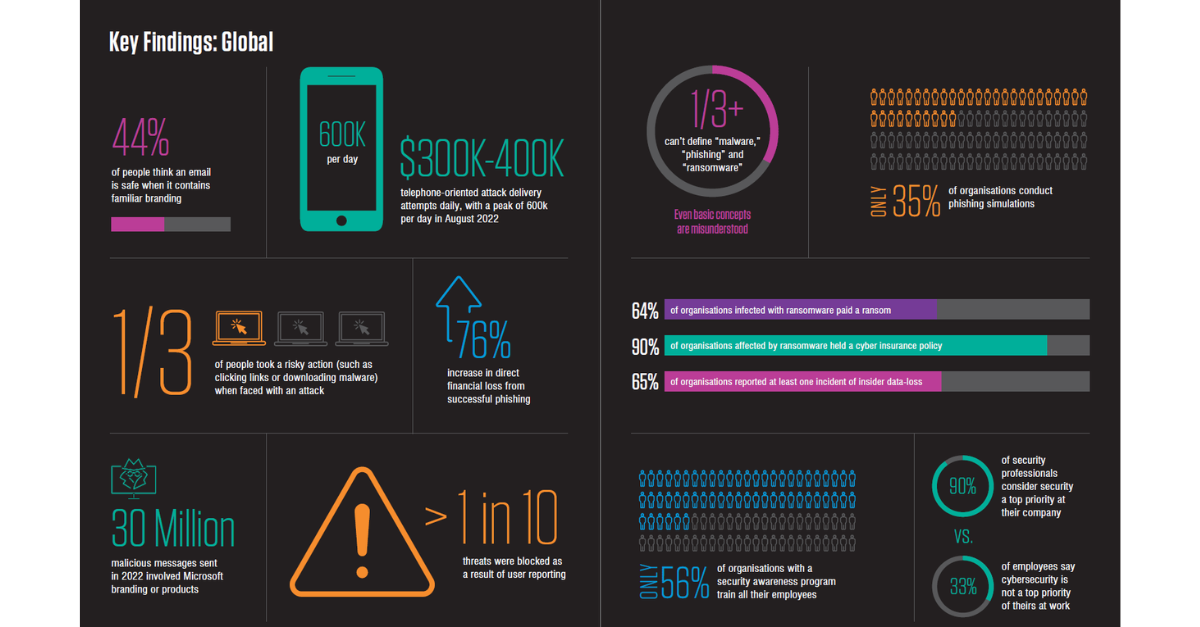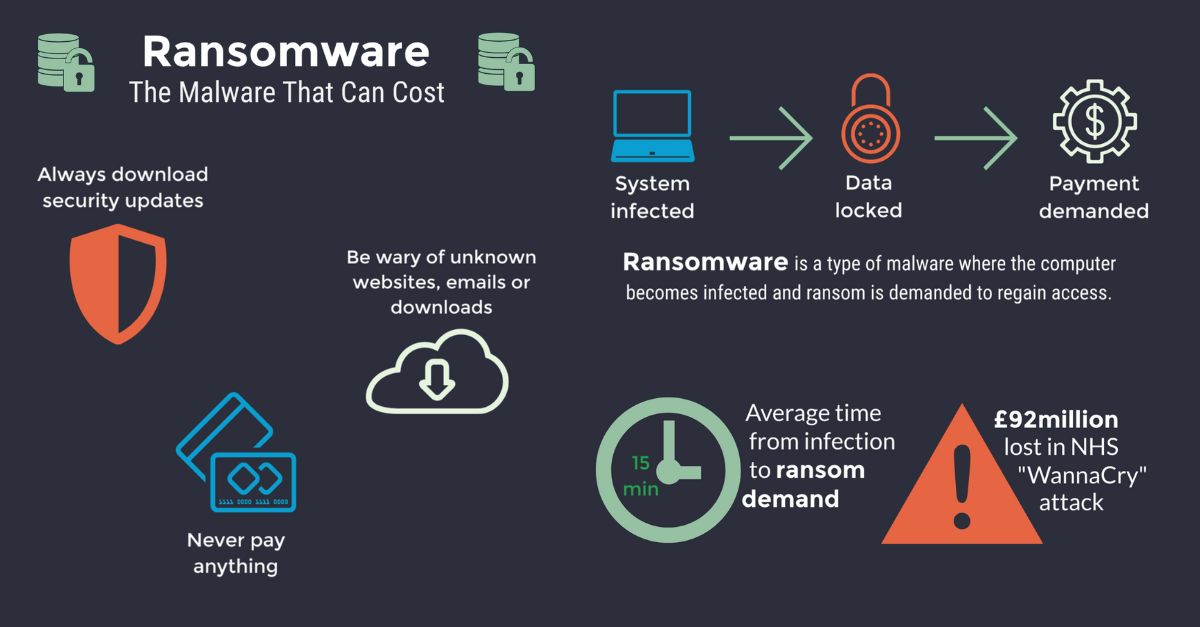Sep 12, 2024
tech
Cyberattacks: The Silent Killer of Startups
There is a common misconception that only big companies are a good fish for cyberattacks. Thus, you are safe and sound if you are not a Microsoft or Google. We don’t want to scare, but that’s not even part of the truth.
Cybersecurity is important for both high-ticket, complex businesses, and green startups. The thing is that small organizations often lack resources to struggle against attacks. They also have a less robust infrastructure.
Stats prove this fact. The report by Hiscox says that almost half of all cyberattacks focus on small businesses, and only 14% are prepared for them.
At Innovation Feel, we know all nuances of the unique cybersecurity challenges startups face. We have great expertise in network security and are committed to helping businesses protect their valuable assets and mitigate risks.
Read our blog post and explore:
- Cybersecurity threat landscape
- The reasons why startups are vulnerable
- Cybersecurity best practices to protect your business
Let's get started.

Phishing

Phishing is one of the most common cyberattacks startups face. The nature of phishing lies in tricking individuals and forcing them to open unsafe attachments or click on malicious links.
Stats picks:
- Research notes that 84% of companies suffered at least one phishing attack in 2022. And only 35% conducted phishing simulations
- 65% of companies reported they lost data because of the phishing attacks
- The U.S. was the leader in suffering from phishing attacks
What’s the effect of phishing? Actually, phishing leads to data breaches and financial losses. Phishing attacks can disrupt operations, as employees may be unable to access their accounts or perform their duties due to security measures implemented in response to the attack.
Ransomware

Ransomware is linked with the phishing attacks. It enters a system with the infected email. Once inside, it scans the network for valuable data and encrypts it using a complex algorithm. Then, the attacker demands a ransom payment, often in cryptocurrency, in exchange for a decryption key.
Stats picks:
- Ransomware damages will reach $265 billion globally by 2026
- In 2023, the average ransom was reported to be $435 million
As it was mentioned above, ransomware leads to money losses. What’s more, these attacks result in downtime and lost productivity. Recovering from ransomware isn’t easy. The process involves software or hardware replacement, data restoration, or forensic analysis.

Deepfake
This is a modern type of cybercrime. To illustrate the problem, we'll tell you about a case that recently happened to our colleague. One day, she got a voice message from her friend asking for money. Everything seemed perfectly normal. Her friend even used their specific slang and catchphrases. Our colleague called her friend back to ask what had happened. And it turned out that the voice message was just a fake.
Another interesting case that comes to mind while thinking about deep fakes is when a worker paid $25 million to fraudsters who posed as the company's chief financial officer in a video conference call. The worker thought he was speaking to his boss, but in reality, it was a simulation created by sophisticated AI algorithms.
As you can see, deep fakes can also lead to money and reputation losses. For example, in the case mentioned above, the company lost not only $25 million (which is already a huge sum!). It also lost money included in investigating and resolving the incident.
Now, let’s pause and think: why can startups be high-profile targets?
Why Startups Are Vulnerable?
Many startups just do not have resources to invest in cybersecurity. No less think that until the company becomes a tech giant like Google, it's invisible. This is a dangerous and misguided assumption.
Coupled with insufficient data encryption or long incident response times, absence of security audit potentially leads to a storm of cyberattacks.
Imagine a small shop located somewhere in the village. It's possible that even finding this shop is challenging, especially when compared to the huge and luxurious shopping center. However, criminals understand that small shops could have a simple lock, so entering it would not be such a big problem. A bird in the hand is worth two in the bush.
Remember, startups, regardless of their size, often handle sensitive data — whether it's customer information, proprietary business plans, or innovative technology. A solid startup cybersecurity foundation might not seem as glamorous or immediately rewarding as a new marketing campaign or product feature. However, it’s an investment in the company’s future.
Cybersecurity Tips & Best Practices
What steps can you take to protect your business?
Strong password policies
First and foremost, it’s all about strong passwords. Do not underestimate the importance of this step. Do not use the same password as you use, for example, to login to your favorite film page. Make a strong password with a combination of uppercase and lowercase letters, numbers, and symbols. Ask your employees to change their passwords regularly.
Employee training
Educate employees about common cyber threats, such as phishing, malware, and social engineering attacks. Tell them about the importance of data protection and data privacy and teach safe browsing habits, and how to recognize suspicious emails or websites.
For example, we know a company that, every few months, sends out special messages to employees without warning. They want to test their ability to recognize these kinds of threats. The messages often ask employees to send confidential materials or money. If an employee agrees to do so, the company later talks to him, highlighting the red flags they should have noticed.
Data encryption
Data encryption is a process of transforming data into a scrambled code, making it unintelligible to unauthorized individuals. It's a fundamental security measure that protects sensitive information from being accessed, stolen, or misused.
Summing up…
In conclusion, cybersecurity is not a luxury reserved for big corporations. Despite their smaller size, startups are attractive targets for cybercriminals due to a lack of robust security measures and the potential for valuable data. This vulnerability can lead to devastating consequences, including financial losses, reputational damage, and operational disruption.
To stay on the safe side (in every sense of the word), ensure you’ve protected your business. Book a free consultation with Innovation Feel, and we'll help you develop software, aligning to all cybersecurity requirements.